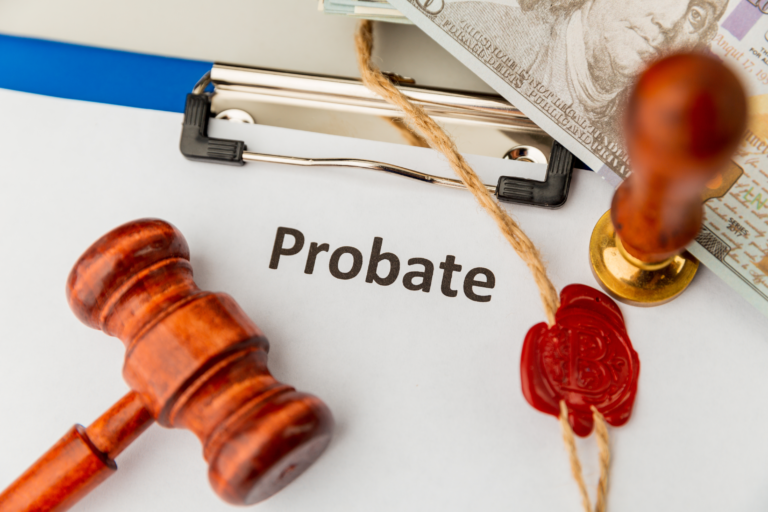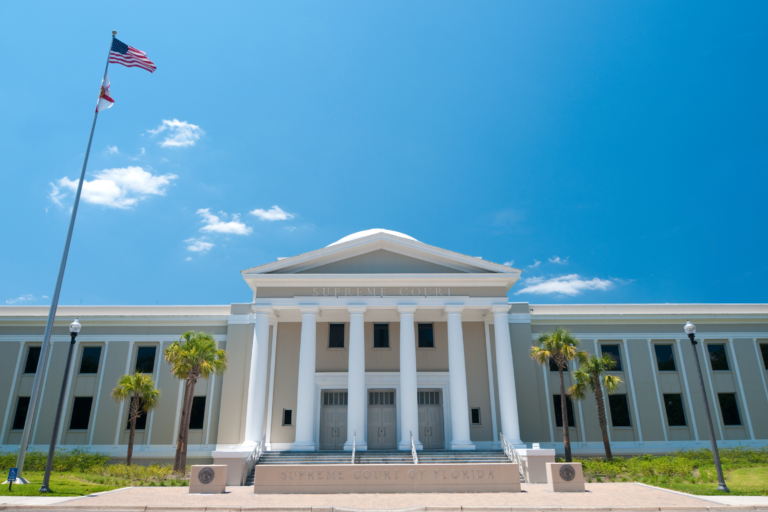Florida residents often question themselves how much probate costs. In essence, the larger an estate is, the lengthier and more expensive probate tends to be. Who pays for probate in Florida? Are the heirs and beneficiaries responsible for covering the costs? Read on to find out.
Is Florida Probate Expensive? – The Basics
The costs involved in probate administration depend on how complex the estate is, the existence of disputes between the parties involved, the existence of an estate plan, and the number of assets subject to probate.
There are two types of probate available in Florida – summary administration and formal administration. Under Florida Statutes Fla. Stat. §735.201, an estate qualifies for summary administration if:
- “The value of the entire estate subject to administration in this state, less the value of property exempt from the claims of creditors, does not exceed $75,000, or
- The decedent has been dead for more than two years”
This option is considered the most efficient form of probate in Florida, as it does not require the appointment of a personal representative. In most cases, summary administration requires only a few weeks to complete.
If an estate does not qualify for summary administration, it may go through formal administration. A multi-pronged process involving several steps, formal administration is the lengthier and most expensive type of probate.
Who Pays for Probate in Florida? – The Verdict
The deceased’s estate is responsible for paying all costs involved in probate. Only assets subject to probate can be executed to pay the administrative expenses, unpaid debts, and other pending liabilities.
As detailed by Florida Statutes §733.707 (1), “the personal representative shall pay the expenses of the administration and obligations of the decedent’s estate in the following order:
- Class 1—Costs, expenses of administration, and compensation of personal representatives and their attorneys’ fees and attorneys’ fees awarded under s. 733.106(3)
- Class 2—Reasonable funeral, interment, and grave marker expenses, whether paid by a guardian, the personal representative, or any other person, not to exceed the aggregate of $6,000
- Class 3—Debts and taxes with preference under federal law, claims pursuant to ss. 409.9101 and 414.28, and claims in favor of the state for unpaid court costs, fees, or fines
- Class 4—Reasonable and necessary medical and hospital expenses of the last 60 days of the last illness of the decedent, including compensation of persons attending the decedent
- Class 5—Family allowance
- Class 6—Arrearage from court-ordered child support
- Class 7—Debts acquired after death by the continuation of the decedent’s business, in accordance with s. 733.612(22), but only to the extent of the assets of that business
- Class 8—All other claims, including those founded on judgments or decrees rendered against the decedent during the decedent’s lifetime, and any excess over the sums allowed in paragraphs (b) and (d)”
Florida Statutes §733.707 (2) adds that “after paying any preceding class, if the estate is insufficient to pay all of the next succeeding class, the creditors of the latter class shall be paid ratably in proportion to their respective claims.”
Do You Need Help to Handle Probate in Florida? – Immediately Contact Your Florida Probate Lawyer
Do not be a victim of costly mistakes. Contact Attorneys Romy B. Jurado and Diana C. Collazos today by calling (305) 921-0976 or emailing [email protected] for expert legal guidance.






